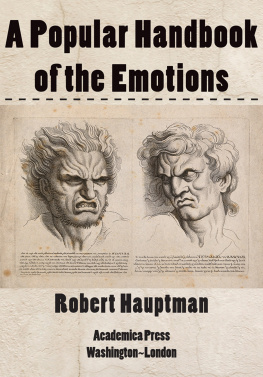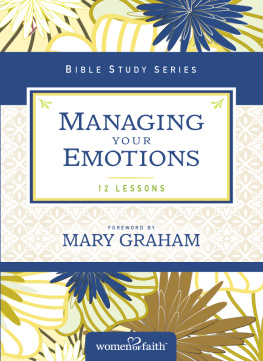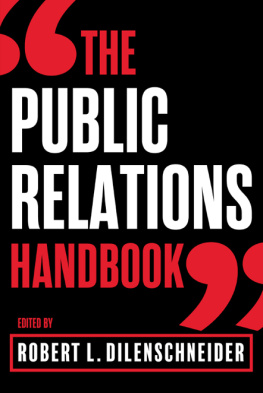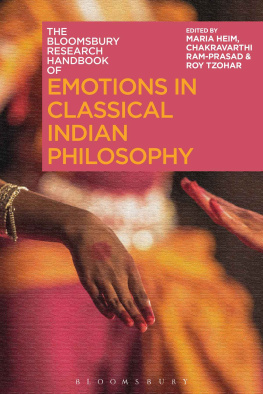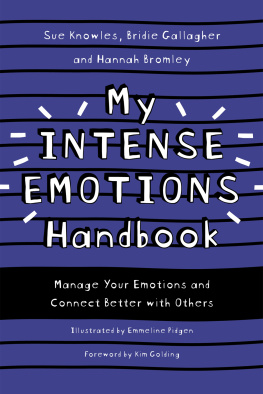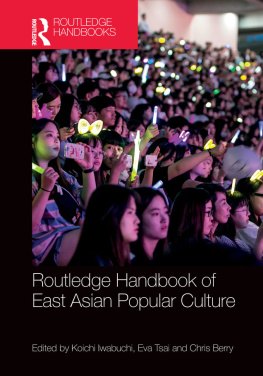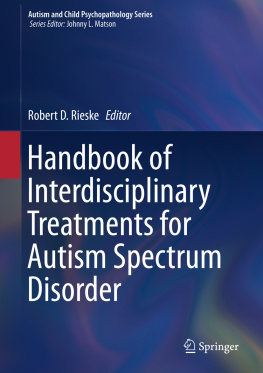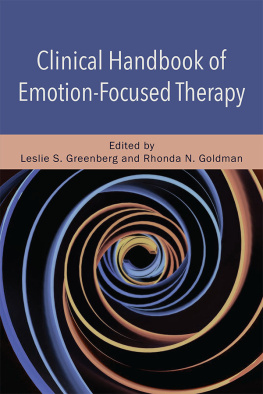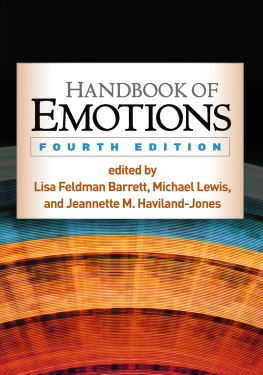Contents
Page List
Guide
A Popular Handbook of the Emotions
Robert Hauptman
A Popular Handbook of the Emotions
Robert Hauptman
Academica Press
Washington~London
Library of Congress Cataloging-in-Publication Data
Names: Hauptman, Robert (author)
Title: A popular handbook of the emotions | Hauptman, Robert
Description: Washington : Academica Press, 2021. | Includes references.
Identifiers: LCCN 2021944649 | ISBN 9781680532425 (hardcover) | 9781680532432 (paperback) | 9781680532449 (e-book)
Copyright 2021 Robert Hauptman
Contents
Author
Robert Hauptman holds a doctorate in comparative literature, is a doctoral candidate (ABD) in library science, and is an emeritus full professor (St Cloud State University). His ca. 700 scholarly and popular publications (including 15 books) in four disciplines deal with a variety of topics. He is diversely knowledgeable in most areas especially the humanities including ten languages, art history, philosophy, and musicology, but also the social and hard sciences (the latter to a very limited extent), and has traveled widely and frequently in all 50 states and ca. 40 countries. But he also has practical skills that he used to good advantage when he cleared the land and built his large house basically by himself and with hand tools. He is married to the artist and poet Dr Terry Hauptman, is 80, has a 20 year old daughter, and climbs mountains. His most recent books are Deadly Peaks (2016) (with Frederic Hartemann) and The Scope of Information Ethics (2019). He is the founding and current editor of the Journal of Information Ethics.
Preface
Emotions are a burgeoning business: For 1920, PsycINFO listed a mere 66 articles, book chapters, etc. on emotions. The ongoing growth rate is basically incremental: In 1950, there were 239; in 1975, 788; in 2000, 2,704, in 2018, 7,484; and on the second day of 2019, there were already 234. The total number of cumulated items dealing with emotions in the database was 179,132. The New York Public Library holds 7,203 items and these, naturally, are primarily books and in all languages. The same is true of the Library of Congress, which would only display the first 10,000 items! But A Popular Handbook is different from anything that has preceded it: It does not report on field work or experiments, propound a theory, advocate for either a delimitation or expansion of the emotions, advance ludicrous ideological positions, bludgeon with esoteric or incomprehensible scientific jargon, statistics, charts, or tables, unequivocally defend the folk tradition, or counter its critics, because there are none yet. What it does do is survey the entire field and not just recent material; it includes non-humans; and separately discusses 18 emotions in terms of basic attributes, practical applications, health, the arts, and social and cultural differences. Unlike virtually all other articles and books, it is extensively illustrated with various types of images. It is aimed at a popular audience but the most sophisticated scholar would profit from a careful reading, even though he or she might disagree with some of the contentions presented.
During the course of the following investigation, a number of outlandish beliefs or interpretations are mentioned or discussed. These include the position that neither free will nor moral responsibility exist, empathy is the cause of societal problems, happiness should be avoided, and altruism is evil. Some people angrily insist that this nonsense should not only not be considerately addressed but rather should be completely ignored. But since reputable scholars are responsible for these theoretical musings, it seems important to take them seriously, although they should be debunked in the same way that we rebut the seriously-minded who offer resistance to climate change, evolution, non-literal Biblical interpretation, and the Holocaust, and defend many ideologically motivated but false convictions. Human beings believe a diversity of things. Many are undoubtedly true, some are open to debate, and a few are unequivocally invalid. To the true believer, whether an adolescent who runs her life according to her daily horoscope or a Nobel Prize winning theoretical physicist who insists, with no observational evidence, that the universe consists of nine dimensional strings, impinging reality does not matter. They continue to believe. These beliefs demand articulation and rational rebuttal.
Additionally, theoretical psychologists and neuroscientists propagate constructs that may well be valid, reliable, and true, but which are couched in bizarre pseudo-scientific terminology, jargon that makes little sense in the context. Thus, desire, say for a new car to replace one that blew up and that a person requires to commute to work is, according to the esteemed scholar Ren Girard, mimetic desire, a mere imitation of another persons craving; or love is micro moments of positivity resonance. Perhaps we should ignore this nonsense!
Scholars, especially but not exclusively psychologists, experiment, counsel, interview, and theorize and then write up their discoveries. These papers, presented at conferences and published in prestigious journals, may sometimes make real contributions to human knowledge, but often they are so bizarre, so riddled with extraneous and meaningless statistical tests, data, charts, and tables that they are a burden rather than a contribution. Does The Role of Emotions in Predicting Sperm and Egg Donations appear to be beneficial or useful? So many of the tens of thousands of scholarly articles that deal with the emotions are of little true value especially to the general reader who may be interested in the way anger manifests itself and what can be done to allay it in oneself and in others rather than in Positive and negative hysteresis effects for the perception of geometric and emotional ambiguities. I have culled the mental, physiological, and behavioral wheat from the chaff and baked some edible pastries.
Most people, including scholarly researchers, hold that we are rational creatures whose clear thinking processes are contaminated by internal and external emotional outbursts. But in reality, matters stand quite differently. Every human being comes equipped with a set of presuppositions, axiomatic beliefs, that derive from parents, siblings, teachers, peers, society, and especially ideological confusions based on political and religious dogma. In many cases, the tenets of ones parents religion are unexamined, accepted, and held to be true. These basic axioms influence everything that one believes to be valid, and rational discourse cannot contravene the emotional hold that Hindu, Buddhist, Christian, or Jewish commitment has on the true believer, whose attitude is well summarized in the following apothegms: credo ut intelligam, or worse, credo quia absurdum. Instead of being entities whose rationality is polluted by emotions, we are, in reality, emotional creatures whose rationality helps to control our baser physiological and societal instincts.
Finally, I have examined and read many hundreds of articles and books and have encountered only two studies that are remotely similar to A Popular Handbook of the Emotions. Stuart Waltons Natural History of Human Emotions does comment on a series of ten emotions, but his volume is as different from mine as Steinhger is from water, since his remarks derive from and revert to historical events. The second work, John Archers

